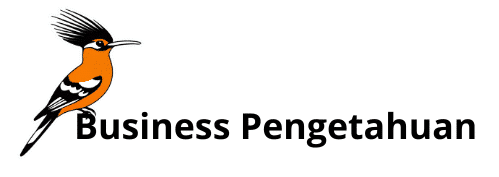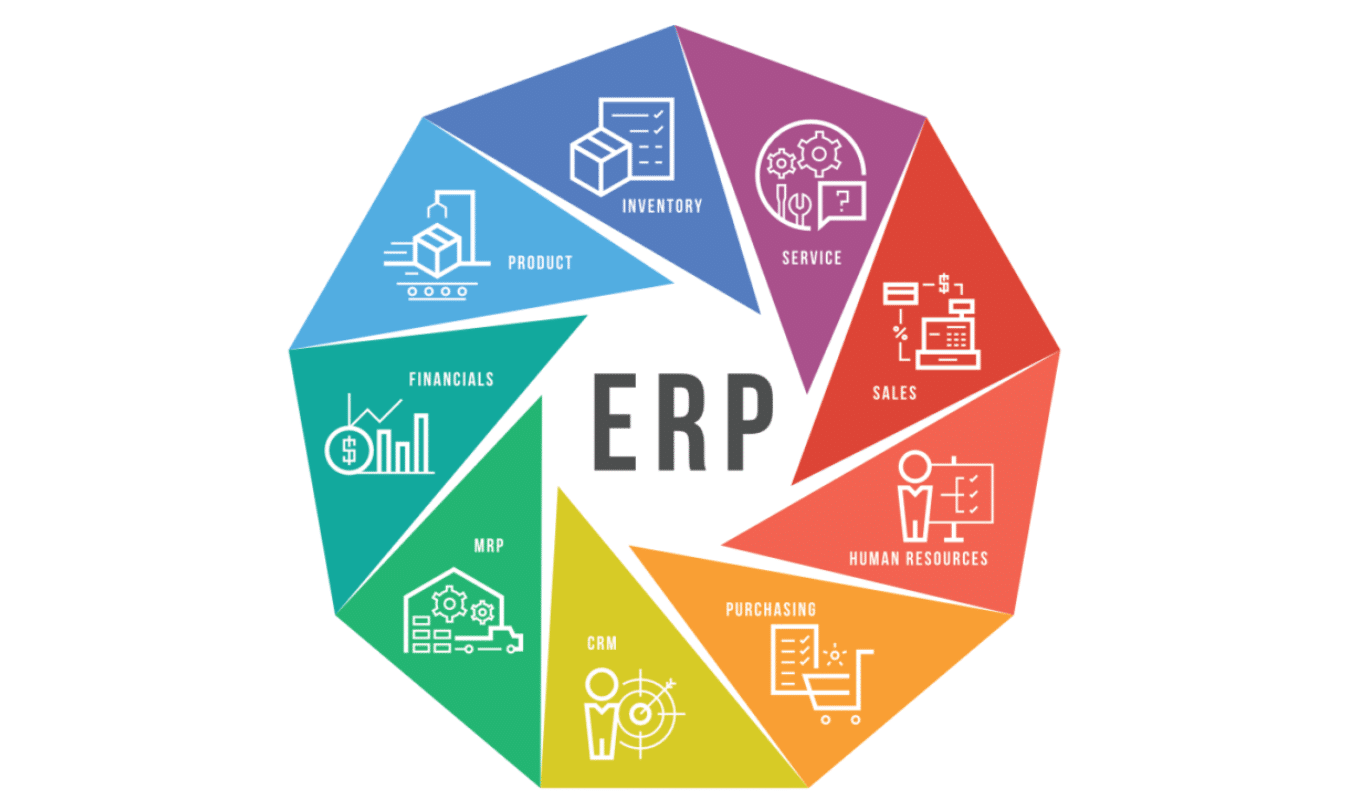Mastering ERP Selection – In the ever-shifting domain of business management, pinpointing the optimal Enterprise Resource Planning (ERP) system is pivotal for entities desiring streamlined operations, scalability, and superior decision-making prowess. This treatise traverses the critical elements of ERP systems, evaluation benchmarks, features, benefits, and prospective developments.
Mastering ERP Selection
Assessment Benchmarks for Premier ERP Systems
Tailored Industry Solutions
Premier ERP systems are distinguished by their industry-specific design, adeptly navigating unique sector challenges and prerequisites. Such bespoke ERP solutions guarantee a precise alignment with business operations, fine-tuning processes and features for peak efficiency.
Expandability
A principal benchmark for top-tier ERP systems is their expandability. A system that scales in tandem with the business promises enduring applicability, enabling organizations to transition in response to changing demands seamlessly.
Seamless System Integration
Elite ERP systems boast flawless integration with pre-existing systems and ancillary applications, crafting a cohesive platform that bolsters departmental synergy and elevates overall operational efficacy.
Defining Features of Elite ERP Systems
All-Encompassing Modules
The crème de la crème of ERP systems are replete with all-encompassing modules that span diverse business functions, from fiscal management to human resources and supply chain oversight. This holistic approach ensures that organizations can orchestrate all facets of their operations under one digital roof.
Intuitive User Interfaces
The mark of elite ERP systems is an intuitive user interface. A straightforward and navigable interface enriches the user experience, diminishing staff’s learning curve and fostering broad-based implementation.
Cloud-Enabled Accessibility
Cloud-enabled accessibility is a cornerstone feature of contemporary ERP systems. The finest ERP solutions harness cloud computing, granting users the liberty to access crucial business data from any locale, a boon for remote collaboration and work flexibility.
The Upsides of Deploying the Finest ERP Solution
Operational Efficiency Enhanced
Deploying the finest ERP solution translates to a leap in operational efficiency. The harmonization of processes, mechanization of monotonous tasks, and instant access to data merge to form a more dynamic and responsive organization.
Decision-Making Elevated
The finest ERP solutions equip decision-makers with real-time data and exhaustive reporting apparatuses. This elevation in decision-making is fueled by insights across various business dimensions, aiding in strategic orchestration.
Cost-Effectiveness
A notable merit of the finest ERP solutions is their cost-effectiveness. Organizations can pare down operational expenses and amplify investment returns by honing processes, curtailing manual inaccuracies, and boosting overall efficiency.
Integration Prowess of the Finest ERP Solutions
Third-party App Integration
The finest ERP solutions integrate seamlessly with an array of third-party applications. This integration broadens the ERP system’s utility, permitting businesses to employ specialized tools in concert with their ERP for a more rounded solution.
Interdepartmental Collaboration
By dismantling departmental barriers, the finest ERP solutions champion interdepartmental collaboration. Whether in finance, production, or sales, all personnel can collaborate on a singular platform, nurturing communication and coordination.
Navigating ERP Implementation: A Strategic Blueprint
In the intricate world of business operations, the astute selection of an Enterprise Resource Planning (ERP) system is a cornerstone for organizations aspiring to achieve streamlined efficiency, scalability, and insightful decision-making. This guide illuminates the critical considerations, features, benefits, and emergent trends in ERP solutions.
Evaluating ERP Solutions: Key Considerations
Assessment of Needs
A meticulous assessment of needs is paramount before ERP implementation. Comprehending the business’s unique requirements ensures the ERP solution chosen is in perfect harmony with the organization’s objectives.
Training and Managing Change
Thorough staff training programs anchor the success of ERP implementation. Proficiency in the ERP solution’s features reduces resistance to change and optimizes its advantages.
Addressing Implementation Challenges
Data Migration Strategies
Data migration presents challenges during ERP implementation. A detailed strategy and partnership with seasoned consultants are essential to navigate these hurdles and guarantee a smooth transition.
Embracing Technological Shifts
Technological resistance is a common phenomenon during ERP adoption. Transparent communication, stakeholder engagement, and continuous support mitigate this resistance.
ERP Success Narratives
Case Study: Company Z’s Operational Renaissance
Company Z, an international enterprise, experienced a remarkable operational renaissance post-ERP implementation, with finance, human resources, and supply chain integration leading to a 25% surge in operational efficiency.
ERP Solutions: Looking Ahead
AI and Automation Synergy
The future of ERP solutions is intertwined with artificial intelligence (AI) and automation, which will enhance data analysis, streamline tasks, and foster informed decision-making.
Predictive Analytics Prowess
Anticipated ERP solutions will boast advanced analytics and predictive capabilities, empowering organizations to identify trends, foresee challenges, and make proactive, data-driven decisions.
Selecting the Ideal ERP Solution
Customization and Personalization
Choosing an ERP solution with robust customization options is vital. This ensures the system can be tailored to the business’s specific needs and workflows for a bespoke experience.
Vendor Credibility and Support
The reputation and support services of the ERP vendor are crucial. Opting for a reputable ERP provider with a proven implementation track record and solid customer support is critical to a positive outcome.
ERP Solution Comparisons
Best ERP vs. Conventional ERP
While conventional ERP solutions provide extensive business management tools, the best ERP solutions have user-friendly interfaces, advanced features, and enhanced scalability.
Best ERP vs. Open Source ERP
Open-source ERP solutions offer adaptability, but the best ERP solutions typically deliver a more comprehensive feature set, dedicated support, and a user-centric experience.
ERP Pricing Structures
Subscription-Based Approach
The leading ERP solutions adopt a subscription-based pricing model, allowing businesses to scale services according to their needs and eliminating substantial initial investments.
Refining ERP Solutions: A Modern Interpretation
In the quest for operational excellence, the nuanced selection of an Enterprise Resource Planning (ERP) system is a strategic move for businesses aiming for agility, scalability, and insightful governance. This guide offers a contemporary perspective on ERP solutions, emphasizing the importance of customization, security, user feedback, and industry-specific applications.
Customization Costs: A Strategic Investment
While an ERP system’s foundational subscription encompasses the core functionalities, businesses with unique needs may encounter additional costs for customization. Transparent dialogue with the ERP provider is essential to clearly understand these expenses, transforming them into strategic investments for long-term benefits.
Security Protocols: The Shield of ERP Systems
Data Encryption: The Digital Safeguard
Data encryption is a critical defense mechanism within top-tier ERP solutions, fortifying sensitive information against unauthorized intrusion and securing confidential data with vigilance.
Role-Based Access: The Gatekeeper
Implementing role-based access control in premier ERP solutions acts as a gatekeeper, ensuring that only vetted individuals can reach critical business data, thereby significantly reducing the likelihood of security breaches.
User Insights: The Pulse of ERP Effectiveness
Applause for User Experience
The best ERP solutions garner praise for their intuitive interfaces, extensive features, and transformative impact on operational efficiency. User testimonials often highlight the substantial enhancements in business management facilitated by these systems.
The Path to Perfection
Constructive critiques frequently call for perpetual advancements in user training and system functionalities. The dedication of ERP providers to these areas is a testament to their commitment to continuous improvement and user satisfaction.
ERP Applications: Tailored to Industries
Manufacturing Mastery with ERP
In manufacturing, the finest ERP solutions are instrumental in refining production schedules, orchestrating supply chains, and upholding quality control, all contributing to heightened efficiency and superior product standards.
Service Excellence through ERP
For the service sector, the best ERP solutions are key to streamlining project management, optimizing resource distribution, and improving financial operations, which culminate in enhanced service delivery and heightened client contentment.
Concluding Thoughts
Ultimately, the journey to selecting the best ERP solution is a thoughtful process involving carefully evaluating criteria, features, benefits, and emerging trends. The ideal ERP solution holds the potential to revolutionize business operations, fuel efficiency, and chart a course for continuous organizational growth.
Frequently Asked Questions
1. Is the best ERP solution suitable for small businesses?
- Yes, many of the best ERP solutions are scalable and suitable for businesses of all sizes.
2. How does the best ERP solution contribute to cost savings?
- The best ERP solutions optimize processes, reduce manual errors, and enhance overall efficiency, leading to cost savings in operational expenses.
3. Can the best ERP solution be customized to fit unique business processes?
- Many of the best ERP solutions offer customization options to align with specific business requirements.
4. How does the best ERP solution differ from traditional ERP solutions?
- While traditional ERP solutions offer comprehensive tools, the best ERP solutions often provide a more user-friendly interface, advanced features, and greater scalability.
5. What are the future trends in ERP solutions?
- Future trends include the integration of AI and automation, as well as enhanced analytics and predictive capabilities for more intelligent decision-making.

